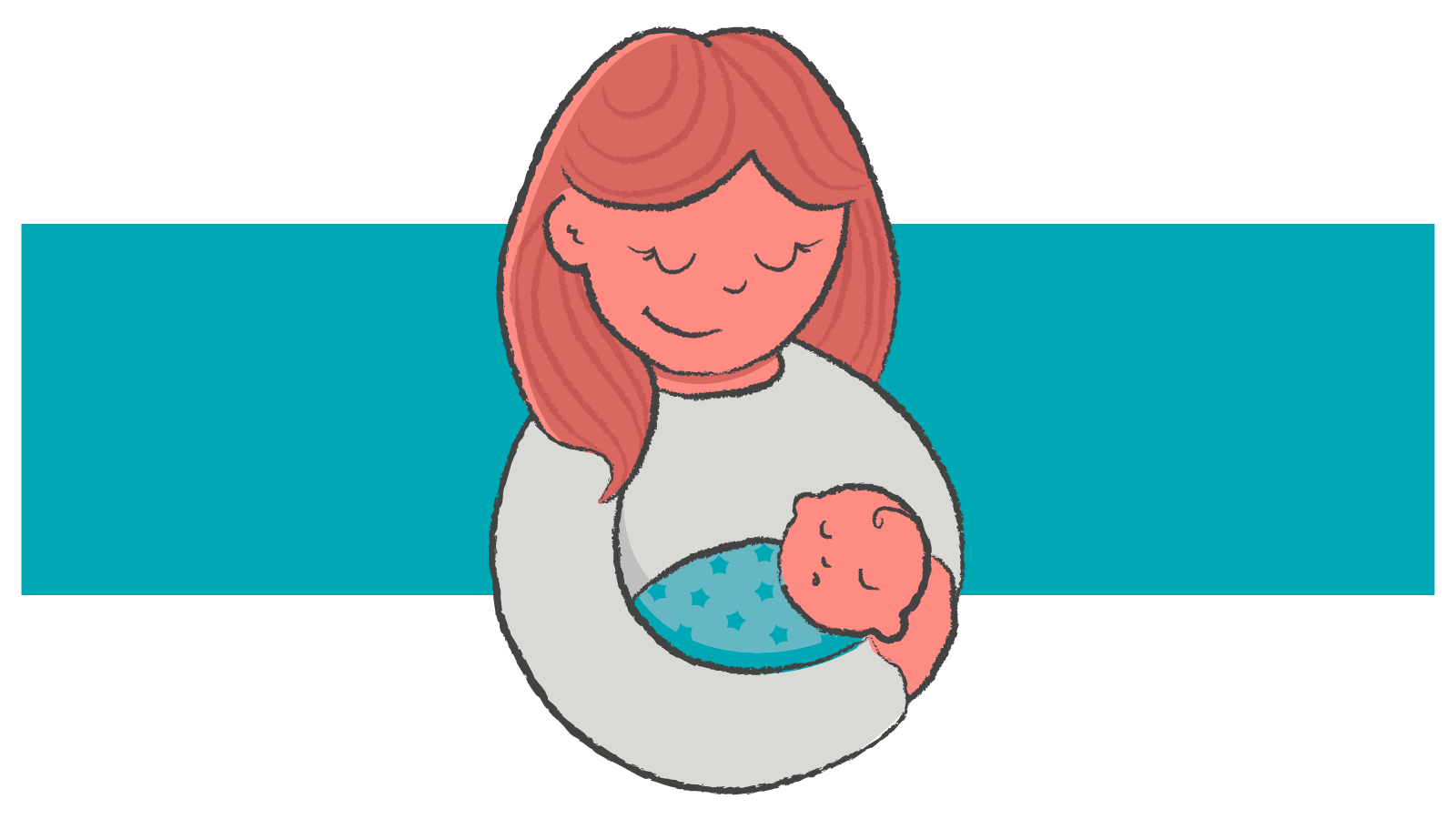
According to the CDC, about 1 in 4 pregnant women are carriers of group B strep (GBS).
What is GSB?
Group B Streptococcus (also known as group B strep, or GBS) is a bacteria that can develop within the gastrointestinal and genital tracts of the human body. Although many people who host the bacteria do not feel ill or show any symptoms, there is still a potential for the bacteria to cause other infections within the body, such as:
- Bacteremia
- Sepsis
- Bone/joint infections
- Meningitis
- Pneumonia
- Skin/soft-tissue infections
It is not known how GBS is spread to adults. There are no reported cases of those living in the same household being at risk if other members of the family have the disease. There is also no evidence to support the bacteria travels through food, water, or surface areas. What doctors do know, though, is that pregnant women who carry the bacteria can pass it to their newborns during delivery.
Who is at risk?
Anyone can be a carrier of GBS, but those who meet certain health factors and age ranges are more susceptible to the disease than others. Adults are at higher risk of developing GBS disease if they are 65 years or older, or have a pre-existing condition such as:
- Heart disease
- Diabetes
- Cancer
- Obesity
Newborns are likely to develop GSB disease if the mother tested positive late in pregnancy or if there is a long period of time between the water breaking and delivering the baby. The newborn may have early-onset GBS, which occurs during the first week of life, or late-onset GBS, which occurs between the first week and first three months of life. Due to the additional complications the disease can cause, about 4-6% of newborns who develop GBS disease will not survive.
How do you prevent GSB?
Since it is still unknown how adults get the disease; there are no proven ways to prevent GSB spread in humans over a week old. It is possible to prevent newborns from getting the GSB bacteria.
Those expecting to give birth should get tested in their late stages of pregnancy or close to their delivery date. If growth of the bacteria is present, doctors can administer antibiotics through an IV or prescribe penicillin or ampicillin. The newborn has a 1 in 4000 chance of developing GBS disease if the mother takes the prescribed antibiotics during labor, compared to a 1 in 200 chance without them.
Your provider tests you for GBS at 35 to 37 weeks of pregnancy. Testing for GBS is simple and painless.
How Healthcare Highways Can Help
To assess if you may be at risk or want to learn more about GSB, reach out to your personal healthcare provider for more information. If you need assistance with finding a provider or have questions, please call your Customer Experience Advocates team or your Care Coordination team members and they will help you through the process!

The Rise of Teen Loneliness: How Can You Help?
What is Loneliness? Loneliness is a painful emotional state that occurs when there is a discrepancy between one's desired and one's achieved patterns...

Breathe Easy with Proper Asthma Management
Asthma is the most common chronic illness in childhood, accounting for 13.8 million missed school days each year. It also accounts for 14.2 million...

